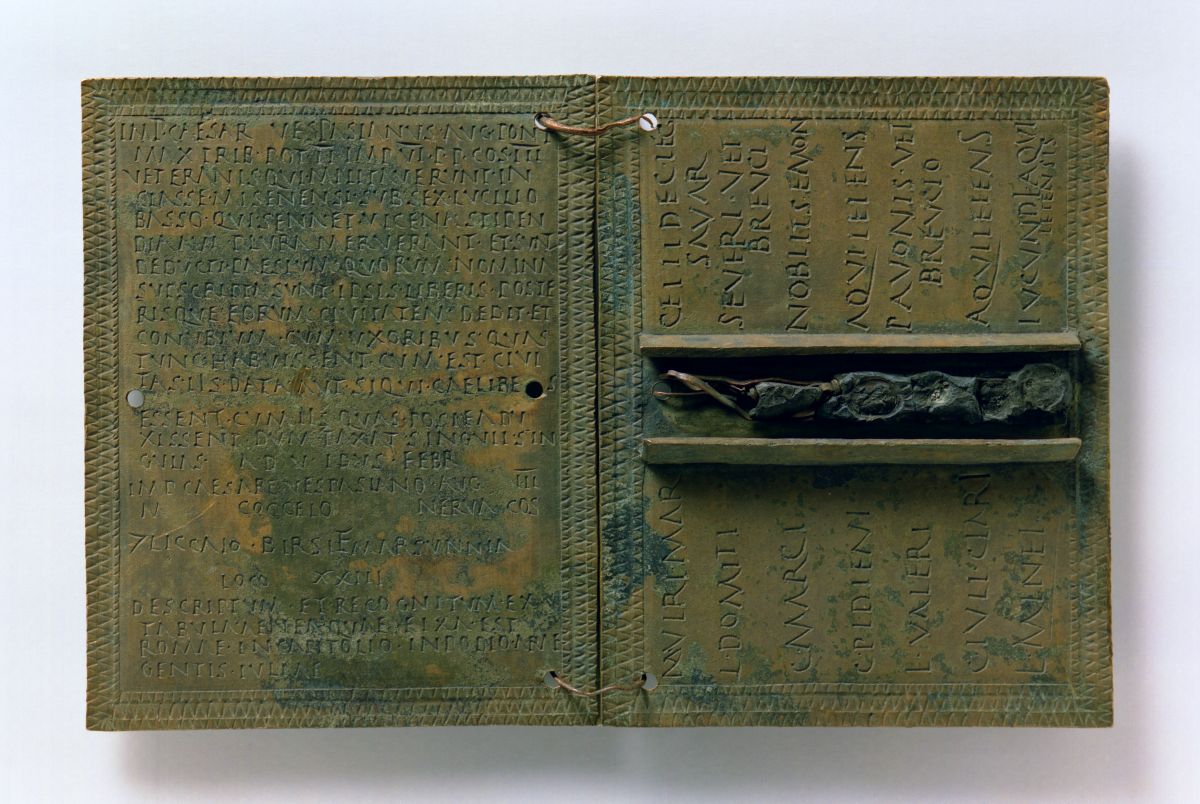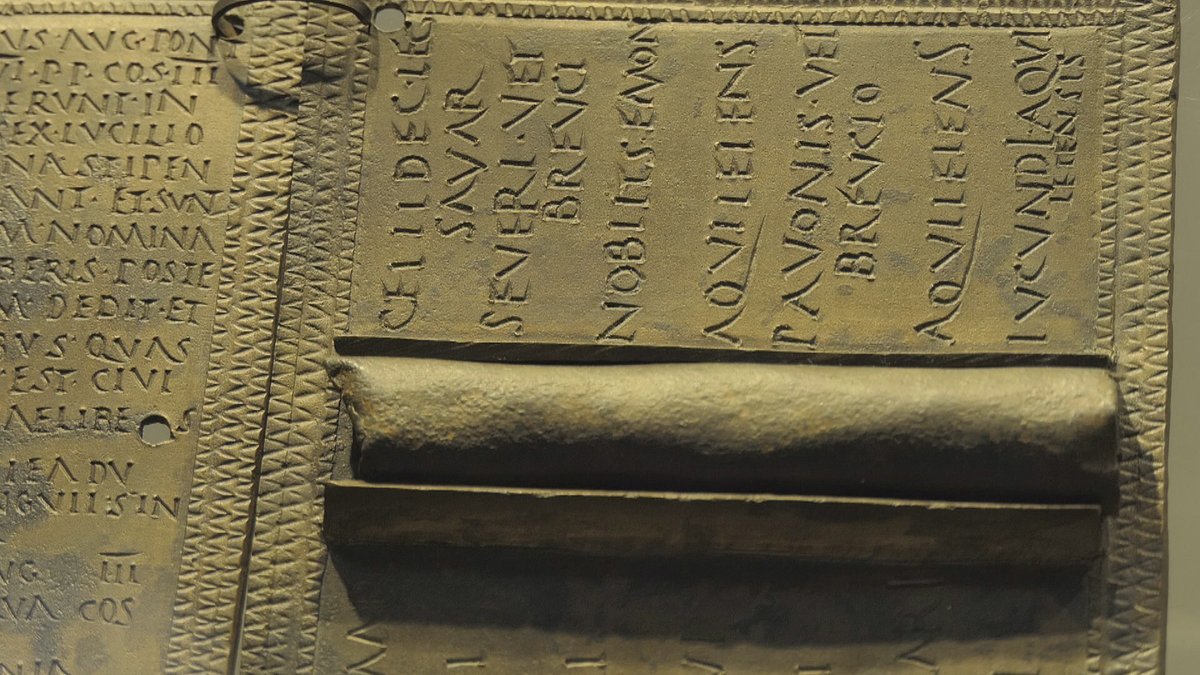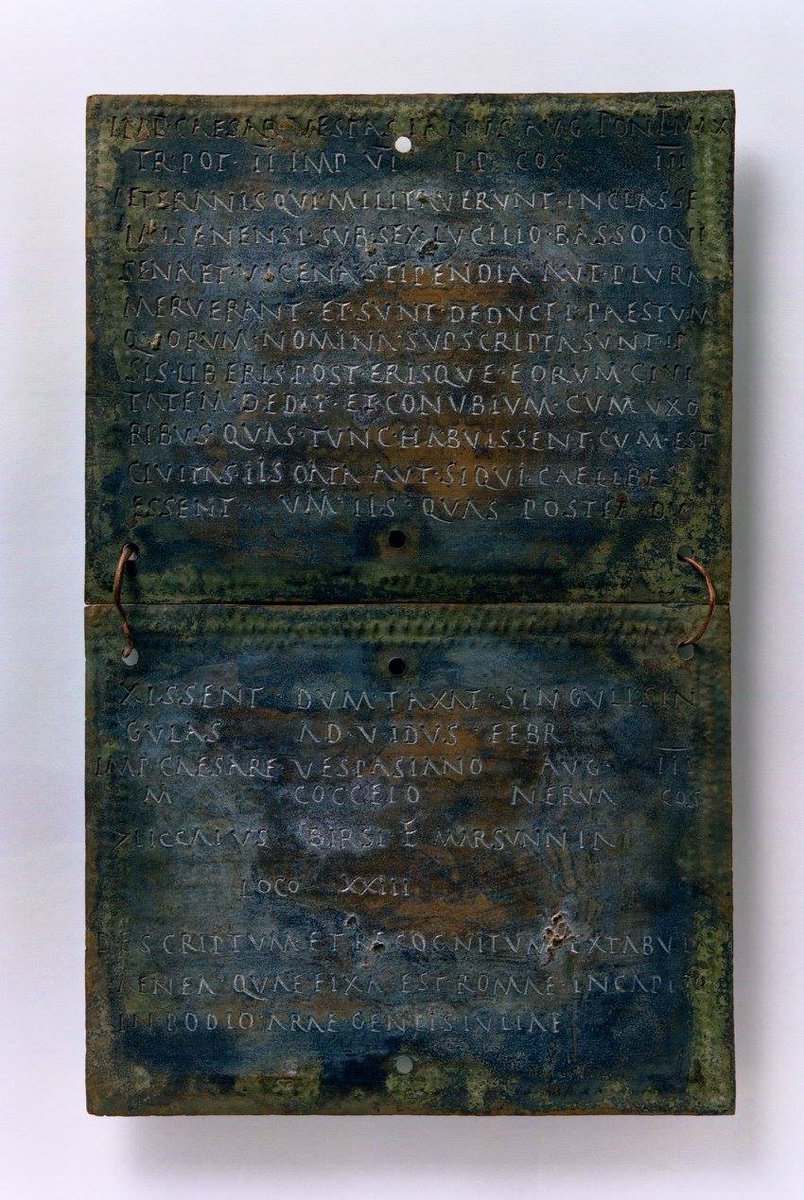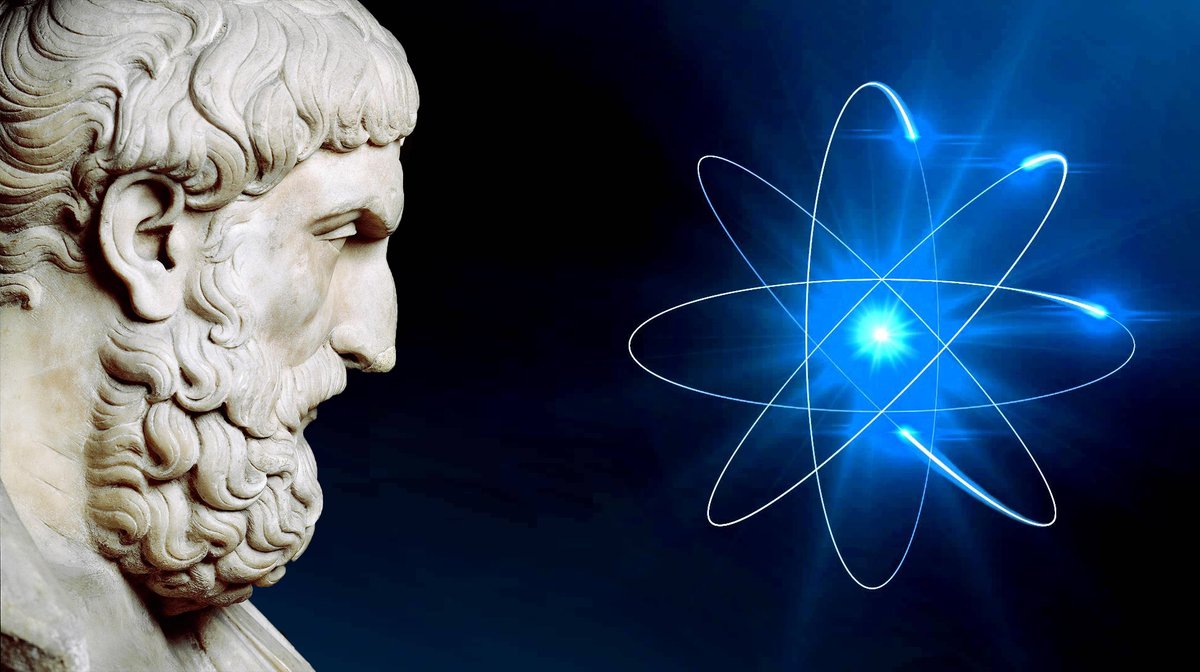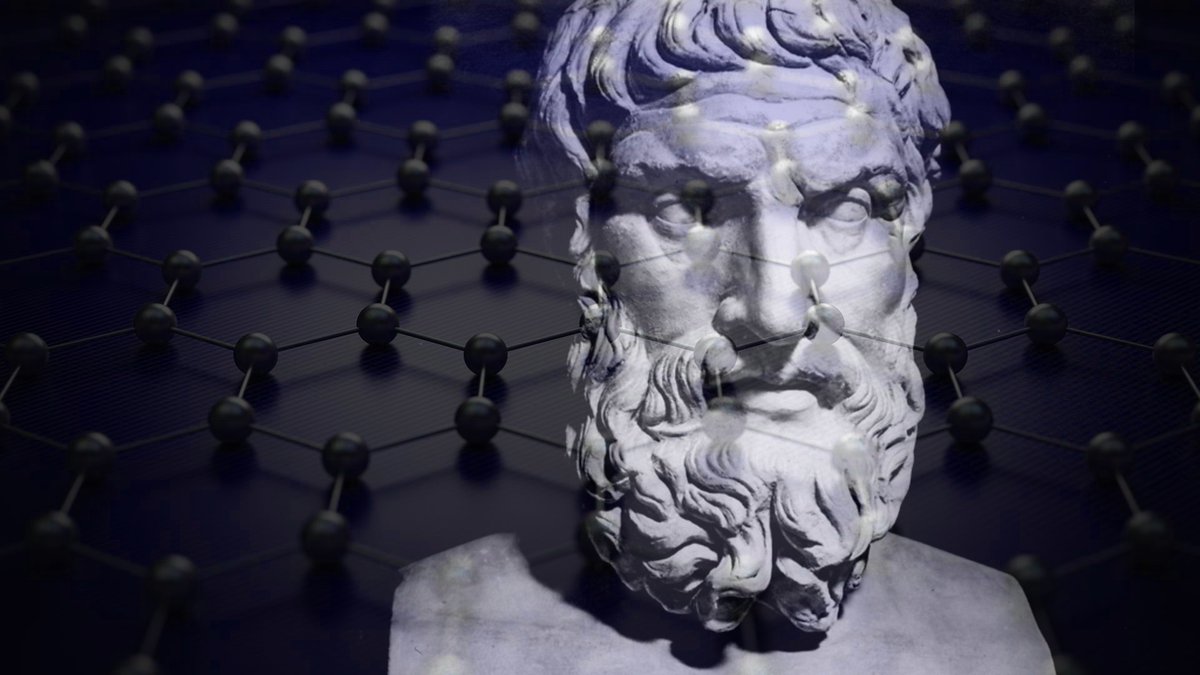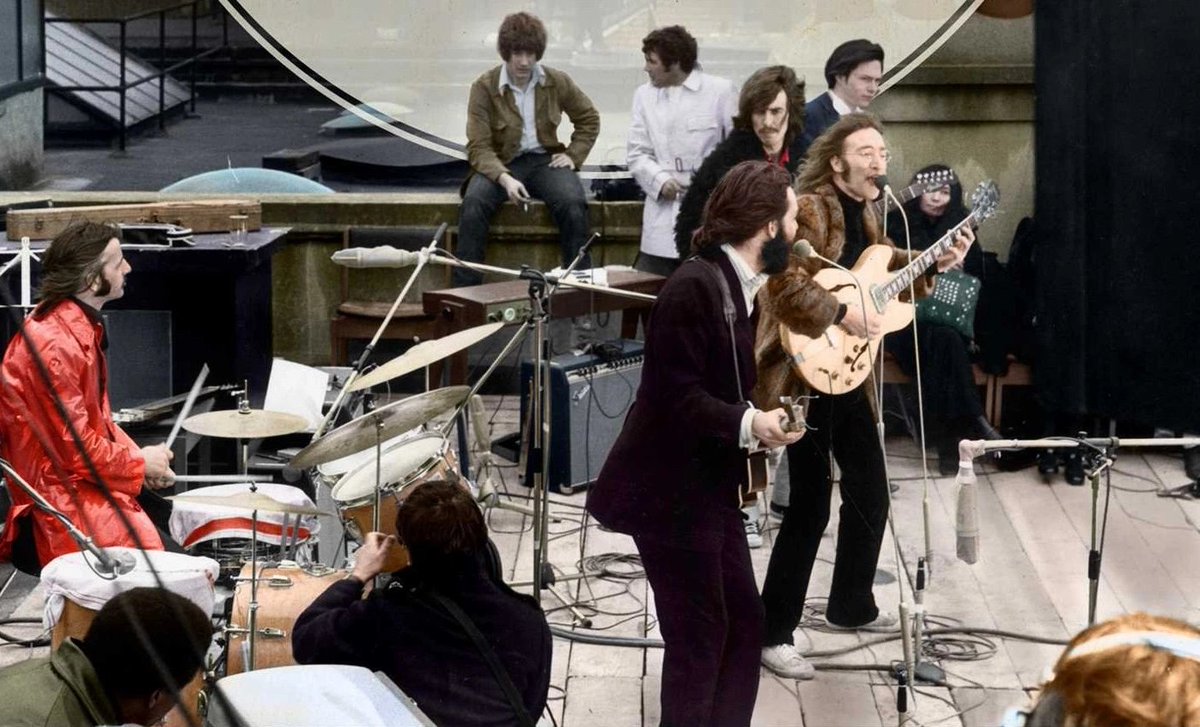
1) The tools of ancient doctors and surgeons often bear an astonishing resemblance to those still used by medical experts today. Let's look at some Roman surgical equipment and compare them to today's equivalent. (Squeamish beware!)
First up, some trusty surgical scalpels...

First up, some trusty surgical scalpels...


2) Medical spatulas and spoon probes (specillum), the most common type of medical tool recovered from Roman times. 



4) Catheters, to drain or administer fluids and gases. From the Greek for "let down", as the tubes allowed a build up to be released from the body. 



11) Vaginal speculum with screw mechanism, a design which remained largely unchanged until the 20th century - used in the diagnosis and treatment of vaginal and uterine disorders. 



12) To finish, a delightful rectal speculum - with a very obvious purpose! ..and a reminder as you look at these tools that general anaesthesia was not widely available until the late 19th century! #Roman #medicine #health #surgery #notadoctor 



• • •
Missing some Tweet in this thread? You can try to
force a refresh















